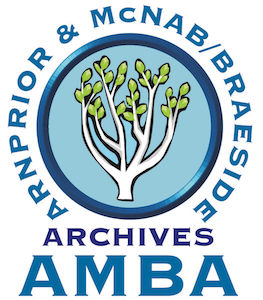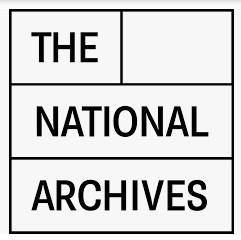The post Just what I wanted, but attracted more than usual attention after being mentioned in the OGS eWeekly.
I prompted the Google AI app Bard You are an expert on the history of 19th century Liverpool, England. Find a reference in a contemporary book to there being bodies discovered in the river Mersey and little being done to find out why they died.
Bard’s response was a massive hallucination, including non-existent quotations from a book and references to other non-existent books. The rest of the response failed to provide an objective rsponse.
How would other AI apps perform? I posted the same prompt to ChatGPT3.5. The response:
I don’t have access to real-time data or the ability to search for specific references in contemporary books. However, I can provide you with some information on the general history of 19th-century Liverpool, including the challenges faced by the city during that time.
During the 19th century, Liverpool experienced rapid industrialization, population growth, and social changes. The city’s economy thrived on maritime trade, particularly with the Americas and the West Indies. However, this period also brought about significant social issues, including poverty, poor living conditions, and public health challenges.
Instances of bodies being discovered in the River Mersey during the 19th century might be related to various factors such as industrial accidents, suicides, or criminal activities. Unfortunately, the historical records of such incidents might not be easily accessible, and specific references in contemporary books would require targeted research.
To explore this further, you may want to consult local newspapers, official records, or historical accounts from that time. Libraries, archives, or historical societies in Liverpool could be valuable resources for finding relevant information on incidents involving bodies discovered in the River Mersey during the 19th century.
Not very helpful, so I followed up with the prompt Suggest books on the Internet Archives to consult.
The ChatGPT3.5 response:
While I can’t directly browse or search the internet for you, I can suggest general categories and topics related to 19th-century Liverpool that you might explore on the Internet Archive. The Internet Archive is a vast digital library offering free access to a wide range of materials, including books, newspapers, and documents. Here are some general suggestions for categories and keywords you might use:
Local Histories: Look for books that specifically focus on the history of Liverpool during the 19th century. Titles like “A History of Liverpool” or similar might contain relevant information.
Newspapers: Search for digitized newspapers from 19th-century Liverpool. Local newspapers often reported on significant events, including incidents in the city and along the River Mersey.
Official Reports: Explore any official reports or documents related to public health, safety, or incidents along the River Mersey. Government reports may shed light on the response to such events.
Crime and Policing: Investigate books or documents related to crime and policing in 19th-century Liverpool. This might provide insights into how authorities handled incidents like bodies discovered in the river.
Social Conditions: Books discussing the social conditions of Liverpool during the 19th century may touch upon issues related to public health and safety.
To search for these topics, you can visit the Internet Archive’s website (archive.org) and use their search function. Enter relevant keywords and explore the available materials.
Keep in mind that specific references to bodies being discovered in the River Mersey might require a bit of detective work, as historical records may not always explicitly detail such incidents. If you’re unable to find a direct reference, consider reaching out to local historical societies, archives, or libraries in Liverpool for assistance. They may have curated collections or be able to guide you to additional resources.
While it’s solid advice, it doesn’t give the specific title or titles I was looking for.
I moved on to trying Bing, the Microsoft IA app that uses a sub-set of ChatGPT4.0, with the same prompt. One of the advantages of version 4.0 over 3.5 is that it has access to later information. It may not be an advantage in practice! Bing’s response included the false information previously delivered by Bard, but sourced from my previous “Just what I wanted, but” blog post.
In the same way that false genealogical information gets propagated by people blindly copying from other’s trees, similar errors happen at amazing speed in the AI world.
 This week, FMP adds Roman Catholic baptisms, marriages, burials and confirmation records for the Diocese of Northampton. That’s over 13,000 new records.
This week, FMP adds Roman Catholic baptisms, marriages, burials and confirmation records for the Diocese of Northampton. That’s over 13,000 new records.

 I had one of my best family history days of the year recently when I received information about boys in my tree who attended
I had one of my best family history days of the year recently when I received information about boys in my tree who attended 

 For those of us with London ancestry, there’s a present under the tree — this just-released Christmas issue of
For those of us with London ancestry, there’s a present under the tree — this just-released Christmas issue of  Here’s a listing of some interesting-looking online presentations coming soon from The National Archives (UK). Most are of genealogical interest. Reserve fast as the most popular fill up quickly. Unless you’re an early bird and don’t mind a 5:30 am ET start, or in Australia welcoming some in the evening hours, most are timed well for North America.
Here’s a listing of some interesting-looking online presentations coming soon from The National Archives (UK). Most are of genealogical interest. Reserve fast as the most popular fill up quickly. Unless you’re an early bird and don’t mind a 5:30 am ET start, or in Australia welcoming some in the evening hours, most are timed well for North America.
